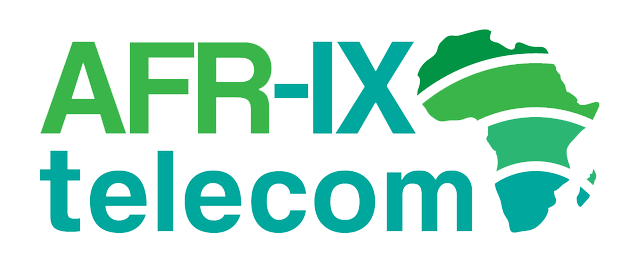Gender Equality in the Telecom Sector in Africa
Considering that only 55% of women participate in the global labor market, gender equality in the telecom sector in Africa is no exception. Although the ICT industry has seen dynamic growth with increased connectivity and access to digital services, the gender gap remains significant. Since the industry has emerged as a crucial player in Africa’s economic growth, here’s a look at the status of gender equality on the continent.
Gender Representation Equality in the Telecoms Industry
Even though the telecoms industry provides direct and indirect opportunities for women in the economy, the sector still lacks in reaching its full potential in driving female economic empowerment. Women remain underrepresented in the ICT industry in Africa, but most notably within senior management. Ghana has been one African country to break this mold, with female CEOs at the helm of a number of large ICT firms.
A look at the Gender Gap in Sub-Saharan Africa
For the last decade, the Global World Economic Forum has worked on defining and measuring indicators to establish dimensions of the gender gap. In taking factors such as economies, education, and politics into account, the Gender Gap Index was developed. The Index showed alarming results and indicated a global gender equality rate of 69%. This rate also extends to remuneration aspects, which includes assessing the pay gap and pay equity.
When assessing the progress in representation in different regions over the last few years, sub-Saharan Africa had the third-lowest score at 68%. The regions that scored the lowest were South Asia at 66%, and the Middle East and North Africa at 61%.
Gender Representation: Boards and management
Although there is higher gender quality within boards, it still outweighs equality within management teams. While there has been improvement in the telecoms sector over recent years, 41% of indexed companies still have only one or no female representatives on their Board of Directors.
Gender Representation Gap in Technical and Commercial Roles
The gender representation gap within the telecoms industry is highest within technical and commercial roles. According to a recent study, the Global Leader’s Forum (GLF) believes that gender diversity within organizations can be boosted by sponsorship and active participation from company CEOs.
The average female representation on management teams (without taking corporate positions such as Corporate Social Responsibility and Human Resources into account) plummets from 18% to 9%. When the above-mentioned roles are excluded, there exists a maximum female representation of a mere 25%. These statistics are important, as women are not in the executive roles that will pave the way to becoming CEO, meaning that if this doesn’t change, there likely won’t be an improvement in CEO level gender balance.
The Benefits of having a Gender-Diverse Workforce
There are various benefits to the inclusion of females in the telecoms sector in Africa:
- Women can help break the cultural stigmas in some countries around women pursuing education in the scientific or technical fields.
- Currently, about 50% of mobile telecoms sales agents across African markets are women. These women can attract more female customers.
- Women typically have better customer service ratings.
- Indicative of an inclusive workforce
The millennial generation and Company Diversity Policy
A more diverse company is likely to be more attractive to the millennial generation. A recent report found that approximately 75% of men said that an employer’s policy on equality, diversity, and workforce inclusion was an important factor in deciding whether to work for a company.
Closing the Gender Gap in the Telecoms Sector in Africa
Different companies and different countries all have individual barriers in bridging the gender gap. Achieving improved results with social and economic benefits will take time and investment from stakeholders at all levels. Companies should analyze data to monitor their initiatives and revisit their gender gap policies. Industry-wide transparency and collaboration will help the industry keep tabs on the progress it is making. Governments and policymakers should work together to encourage female students to pursue careers in the fields of Science, Technology, Engineering, and Mathematics (STEM).
It will take a concerted effort – but it is possible.
AFR-IX telecom supports gender equality in Africa and considers itself as an Equal Employment Opportunity Company. AFR-IX telecom is committed to boost African local employment and local talent. AFR-IX telecom Subsidiaries Executives are high-level qualified people.
If you need a reliable internet service provider, get in touch with our team today.





